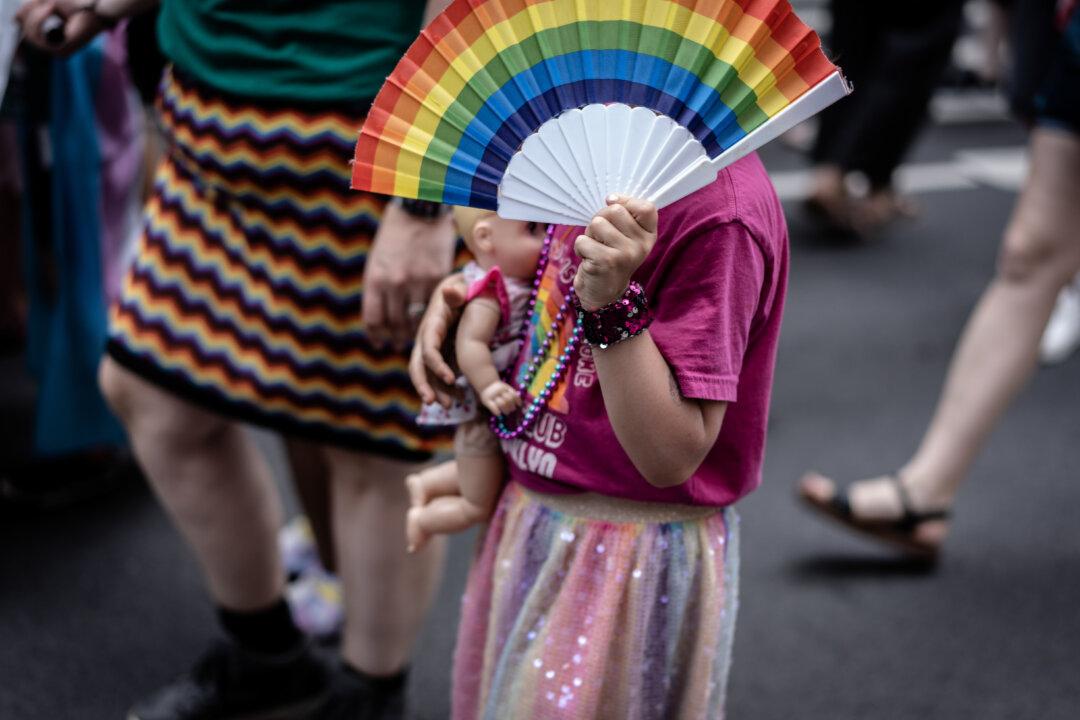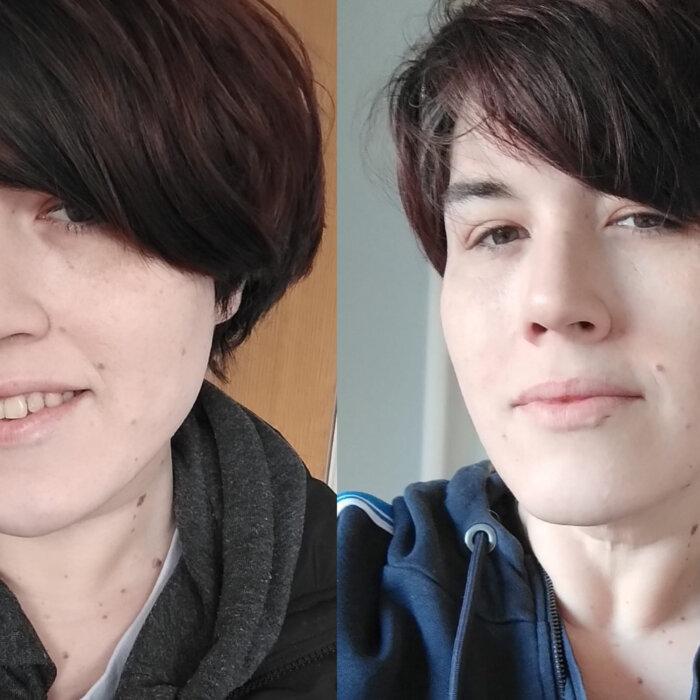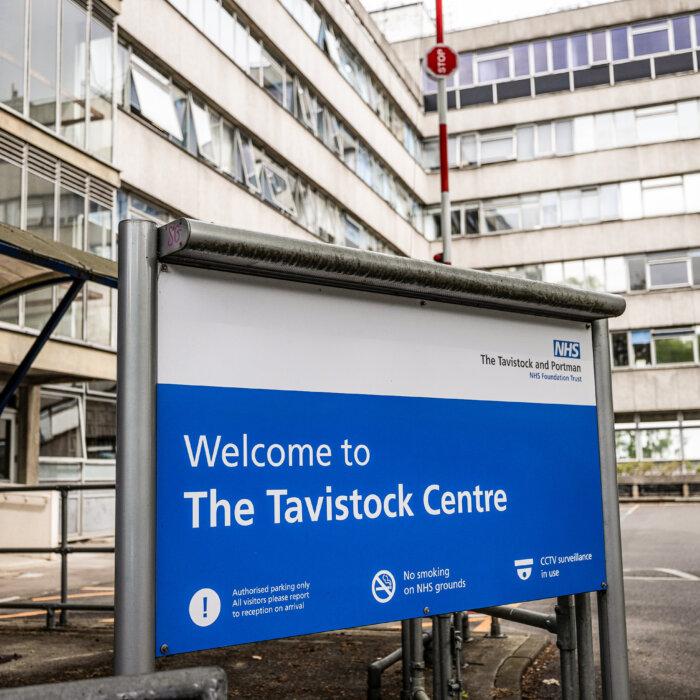The UK government has banned private gender clinics from prescribing puberty blockers to under-18s, in a move which campaigners say will close a loophole for access to the drugs.
The Department of Health and Social Care (DHSC) announced on Wednesday that it would put a three-month emergency ban on supplying puberty-suppressing hormones to gender-confused children in England, Wales, and Scotland. It will apply to prescriptions written by prescribers in the UK and those registered in the European Economic Area and Switzerland.
The ban, taking affect on June 3 until Sept. 3, was made “to address risks to public safety,” the DHSC said.
“Indefinite restrictions” have also been put in place on the prescription of these drugs within the National Health Service (NHS), the UK’s publicly-funded health care system. The NHS has already stopped the routine prescription of puberty blockers.
Concerns Over Private Clinic Loophole
Published in April, the Cass Review criticised NHS care providers for pushing gender-confused children onto inappropriate pathways of medical treatment that included drugs and surgery.Among her recommendations, Dr. Hilary Cass called for a “holistic” approach to treating gender dysphoria, in a move away from the prevalent “gender-affirming” approach which saw health care professionals simply affirming a child’s chosen gender and prescribing them puberty blockers and then cross-sex hormones and putting them on the path to surgical interventions.
Stephanie Davies-Arai, director of Transgender Trend, welcomed the government’s announcement, telling The Epoch Times it will “close that loophole for puberty blockers.”
Cross-Sex Hormones
The Transgender Trend director also voiced concern that masculinising/feminising, or cross-sex, hormones for those aged 16 and over were still available on the NHS and privately, despite the Cass Review saying they should be prescribed with “extreme caution.”Ms. Davies-Arai said that banning puberty blockers was a significant step, but that it “doesn’t really solve the problem if teenagers are getting cross-sex hormones that are going to have effects for the rest of their lives—some of them known, some of them not known, because this is so new.”
The Vulnerable 17–25 Cohort
The Cass Review was triggered following a sharp increase in referrals to the Gender Identity Development Service run by the now-closed Tavistock and Portman NHS Foundation Trust in London, which specialised in working with children and young people who have gender dysphoria.Dr. Cass’s review also looked at provisions for older teenagers and young adults. The review suggested that NHS England ensures regional gender care centres which have been set up to replace the Tavistock clinic have a “follow-through service” for 17- to 25-year-olds to ensure continuity of care and support during what Dr. Cass noted was “a potentially vulnerable stage in [the patient’s] journey. ”
Ms. Davies-Arai shared her concerns over provision for this older teen/young adult cohort, which she said was “incredibly vulnerable,” noting those in that stage life are becoming adults, often moving away from home for the first time.
She added that that generation in particular have been brought up with gender ideology taught to them “as fact and that biological sex is irrelevant” and that gender transition has been “marketed ruthlessly to young people.”
While still legally adults at that stage, the Transgender Trend director said that it is still “much too young to be making those kinds of decisions.”
“I don’t think informed consent can be given to treatments that are at such an experimental stage,” she explained.
“The NHS have now committed to doing a full Cass-style review of the adult clinics, and that can’t come soon enough,” Ms. Davies-Arai said, adding: “Adult clinics are similar to the private clinics. They’re based on gender affirmation, giving ‘gender affirming care.’ And there is not enough exploration and finding out what’s behind the young person’s distress.”
She warned that many of these young people “coming up from the Tavistock” may have other underlying issues that have not been explored by health professionals, including gay and lesbian youths struggling with their sexuality, mental health problems, trauma, or if they have been in the care system.
Mr. Herron—who is autistic and has obsessive compulsive disorder—said that psychologists did not consider his mental health problems or his struggle to come to terms with being gay and did not assess him for autism before putting him on the path of drugs and surgery.







